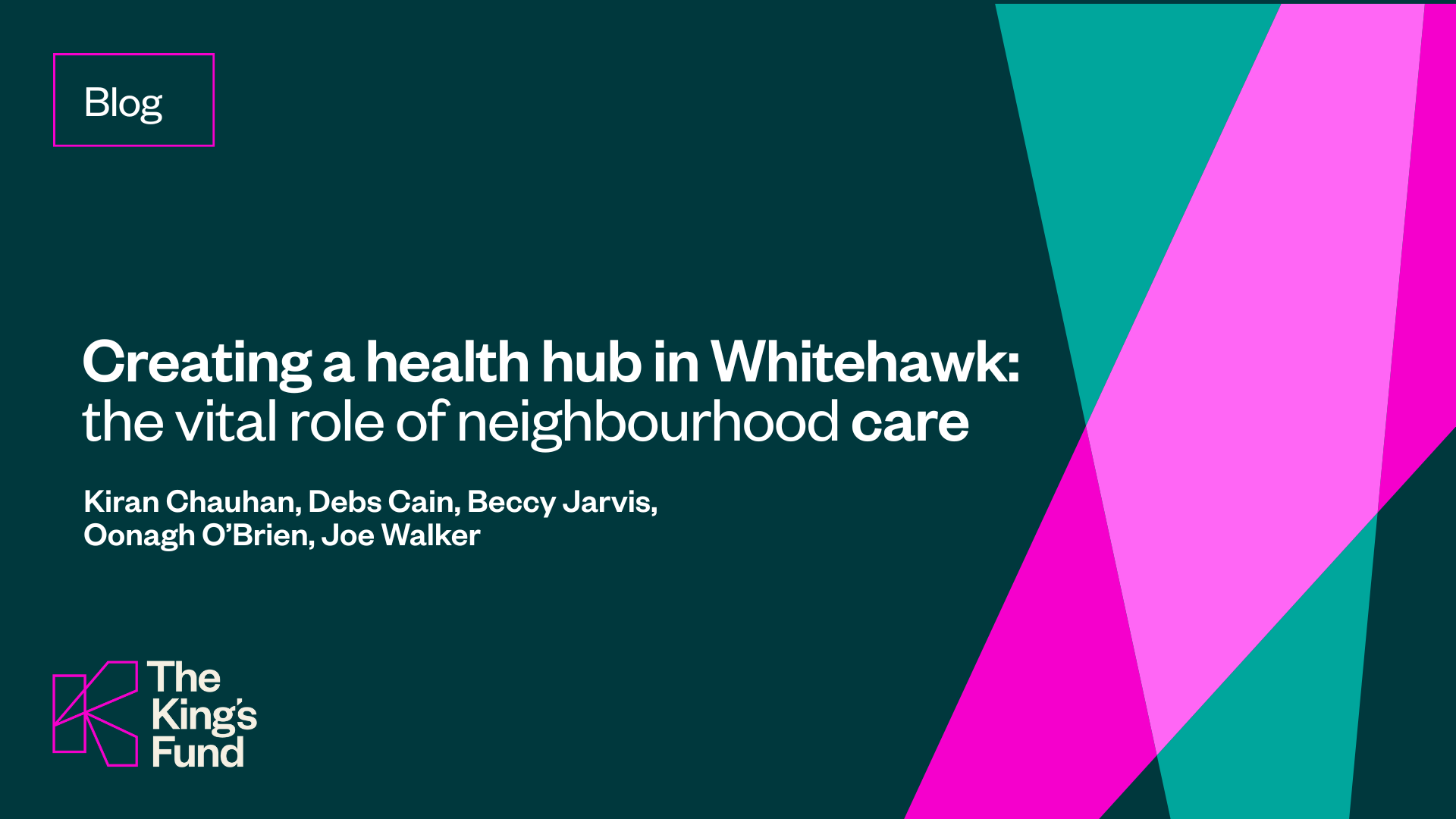South Africa's Healthcare Crisis: A Threat to Research and Global Partnerships?

South Africa's Healthcare System Faces a Critical Juncture
South Africa, a nation renowned for its advancements in healthcare and pioneering research, is currently grappling with a deepening crisis that threatens to undermine its position as a leader in global health. The repercussions are far-reaching, impacting not only the public health system but also the nation’s esteemed universities and research institutions.
The Impact on Research Hubs
Historically, South African universities and research centres have been vital hubs for international health studies, often collaborating closely with the U.S. National Institutes of Health (NIH) and the President's Emergency Plan for AIDS Relief (PEPFAR). These partnerships have fuelled groundbreaking research and contributed significantly to the fight against diseases like HIV/AIDS and tuberculosis, conditions that disproportionately affect the region. However, the current health crisis has severely hampered the ability of these institutions to sustain their operations.
Funding Cuts and Research Stagnation
The core of the problem lies in dwindling international funding. As external support dries up, institutions are struggling to cover basic operational costs. This has led to a cascade of negative consequences, including the suspension of crucial global research partnerships. The ripple effect extends to the loss of skilled personnel, with leading scientists and postgraduate researchers being forced to seek employment elsewhere. The brain drain represents a significant setback for South Africa's scientific community and its future research capabilities.
The Broader Implications
The decline in research output isn't just a local concern. South Africa's contributions to global health knowledge are invaluable, particularly in the context of infectious diseases. A weakened research capacity diminishes the nation's ability to respond to future health emergencies and collaborate effectively on international health initiatives. Furthermore, the loss of experienced researchers hinders the training of the next generation of scientists, creating a long-term skills gap.
Seeking Sustainable Solutions
Addressing this crisis requires a multifaceted approach. While international funding remains essential, South Africa must also prioritize strengthening its domestic healthcare infrastructure and exploring alternative funding models. Investing in local research capacity, fostering public-private partnerships, and streamlining bureaucratic processes can help create a more sustainable research ecosystem. A renewed focus on preventative healthcare and strengthening primary care services will also alleviate pressure on the tertiary healthcare system.
The Path Forward
South Africa stands at a critical crossroads. The current healthcare crisis poses a serious threat to its research prowess and its role in global health. By addressing the funding challenges, prioritizing local capacity building, and fostering collaboration, South Africa can navigate this difficult period and reaffirm its position as a leading force in healthcare innovation and research. Failure to do so risks undermining decades of progress and jeopardizing the health and well-being of its citizens and the global community.





